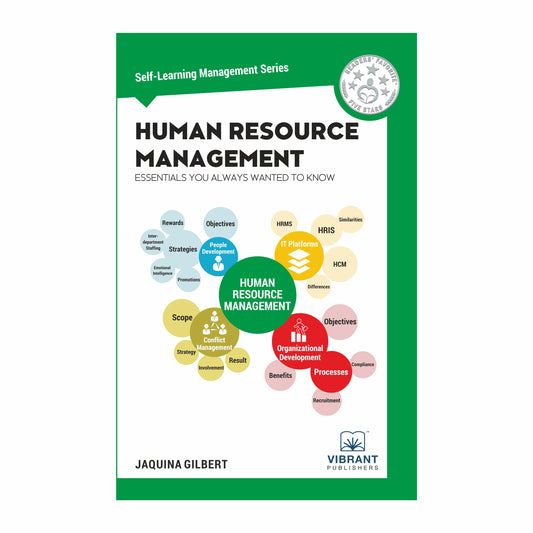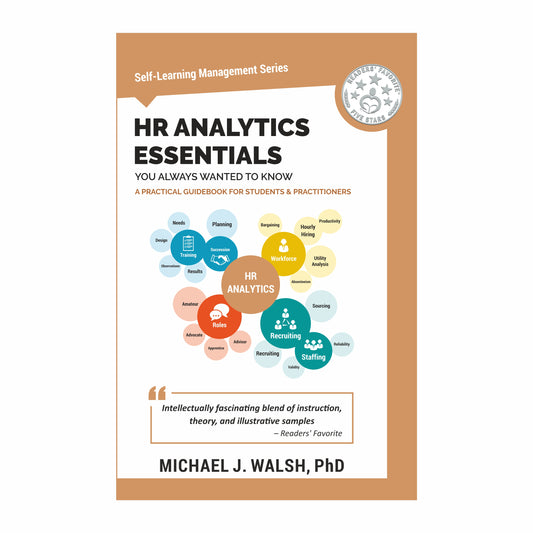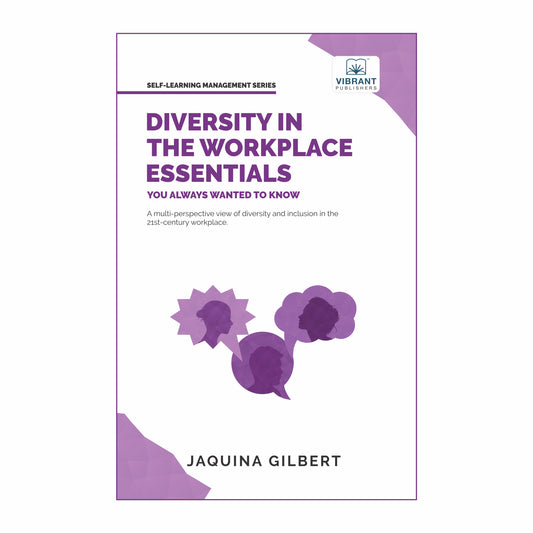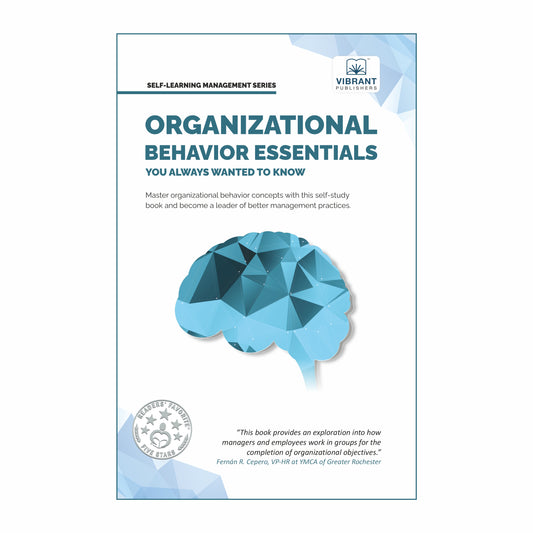When Bob Beamon jumped over 29 feet, almost 2 feet more than the previous record, it was thought that this would be an athletic record that would never be broken. Though the conditions were favorable, with a helpful breeze and the rarefied air of Mexico City, the record stood.
Do you think that record stood forever?
It did not. In 1991, Mike Powell jumped 2 inches higher in Tokyo and broke the record.
Nothing lasts forever. Change is a basic law of nature. In athletics, humans have endeavored to find better training and diet regimens as well as equipment of superior quality that have contributed to improvements.
The computing power of the machine that facilitated the first manned mission to the moon, is today held in a gaming console. Many of our mobile phones have more computing power than a roomful of machines in the seventies.
What is happening?
In one word - Change. Some call it development. Some call it human advancement and growth. In one form or another it is change.
What happens to organizations in times of change?
The simple answer is – the same as individuals and associations and governments and everything else. Organizations are not immune to this law of nature. They either keep up with the changing world or languish, or perish.
Corporate history is replete with examples of dominant corporations that succumbed to change.
At one time, Kodak was a household name in photography with a predominant share of the market the world over. Towards the end of the twentieth century, when digital technologies were rapidly on the rise, it appears that Kodak failed to adopt them fast enough, giving space to smaller, and nimbler, competitors to step up and take away market share from them. They could never catch up thereafter.
Another example is that of Nokia, the dominant global player in mobile phones. They failed to recognize the smartphone revolution that made Apple and Samsung household names in the first decade of the twenty-first century. They tried to play catchup but that is never easy.
Why would this happen?
While each situation is different, one of the common reasons seems to be that successful organizations are unwilling to kill off their golden goose, the one that made them rich and is the source of most of their revenue. And for what? For a newborn goose that has not proven itself and there is no certainty of it becoming another golden goose. They do not want to take this risk.
The trailing organizations, on the other hand, with much less to lose, are willing to take greater risks on newer products and technologies in an effort to get to a dominant position in the marketplace. Sometimes that works. And “the old order changeth, yielding place to new,” as Lord Alfred Tennyson wrote, plays out all over again.
What choices does an organization have?
Not taking a decision is also a decision. While the organization might believe that by not taking a decision, nothing will change, they have actually taken a decision of not changing anything, and that has ramifications.
They have chosen to be buffeted by the winds of change that sweep across the world, and seem to be gathering speed. They have chosen the path of reaction. On this path, action is usually taken when the risks of the change start becoming evident. Many times, it is already too late. The resetting process has already been initiated by the winds of change.
Is there an alternative?
Yes, there is an alternative. The alternative is ‘planned change.’
Planned change is a process that actively engages the organization in looking out into the future and identifying the winds of change that could impact them and its business model. It prepares the organization to handle the change.
Introducing planned change through Organizational Development
This is where Organizational Development (OD) becomes critical to an organization. OD is often seen as a discipline that enables an organization to mount an offensive against problems or issues they are facing, with the help of an OD expert or OD facilitator.
This definition or understanding of OD, while not incorrect, is limiting. OD has enabled many organizations to identify the root cause of some of their problems and created pathways to overcome those challenges.
An equally effective role is played by OD in situations where there is no problem currently identified.
Of course, OD cannot play this role on its own. The value it brings to the table is a structured process through which change can be implemented successfully. It is not an expert in the business of the organization. For identifying the needs and requirements of the organization, senior leaders involved in the business need to come to the party. They, in fact, are the ones who would be identifying the need for a change of strategy or a change of direction or the need for a new product, or the need to move out of a certain service. They are the ones who live and breathe the business, they interact with customers, competitors, and vendors and catch the waves and soundbites that emanate from each of these sources. They also analyze data and review information about their business as well as of the industry. With their collective knowledge, they are best placed to recognize the need for change.
In fact, going a step further, it is also their responsibility to ensure that an OD expert is involved once they have been able to identify the need. Of course, with the expert’s involvement and data gathering, the need initially identified could also undergo change.
Organizational Development introduces planned change designed to meet one or more goals of the organization. It is usually managed as a distinct activity, separate from the day-to-day operations of the company, and follows a designed sequence of steps and processes. It is an interdisciplinary field with components coming from various disciplines.
The upcoming book “Organizational Development Essentials You Always Wanted To Know” covers all the ‘essential’ concepts of the emerging discipline of OD. The book is now available for advance review on NetGalley!





